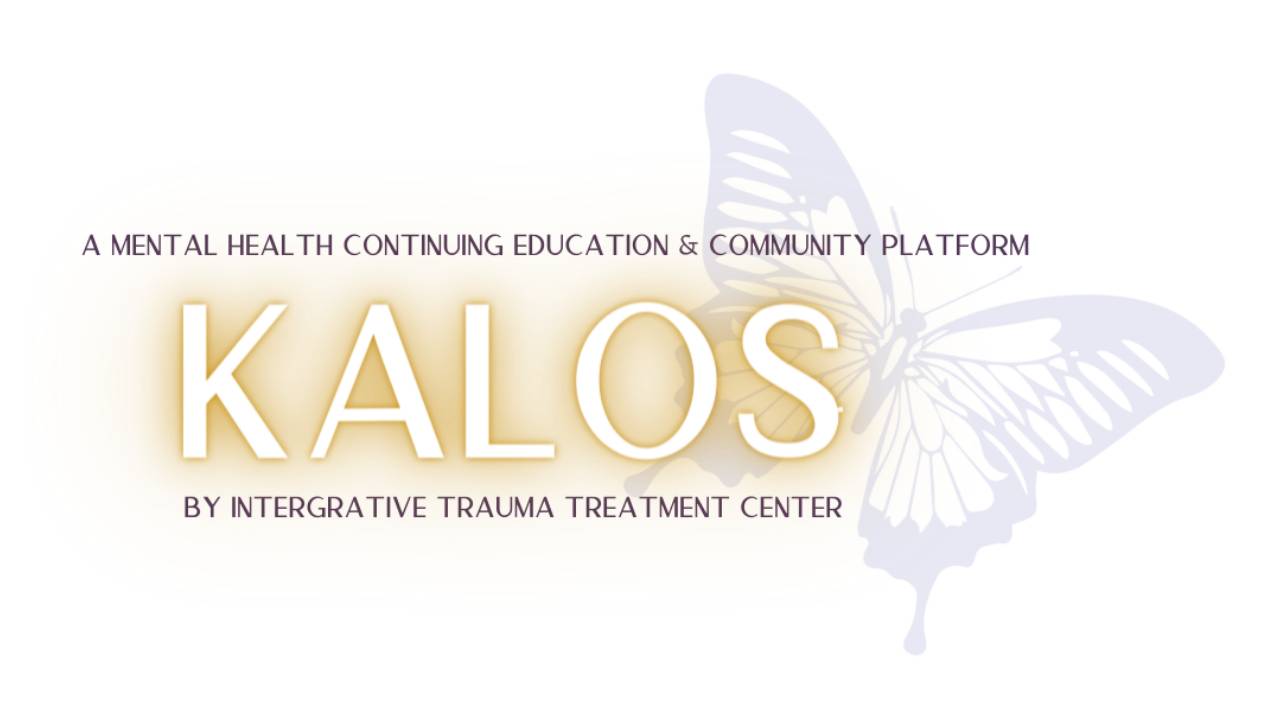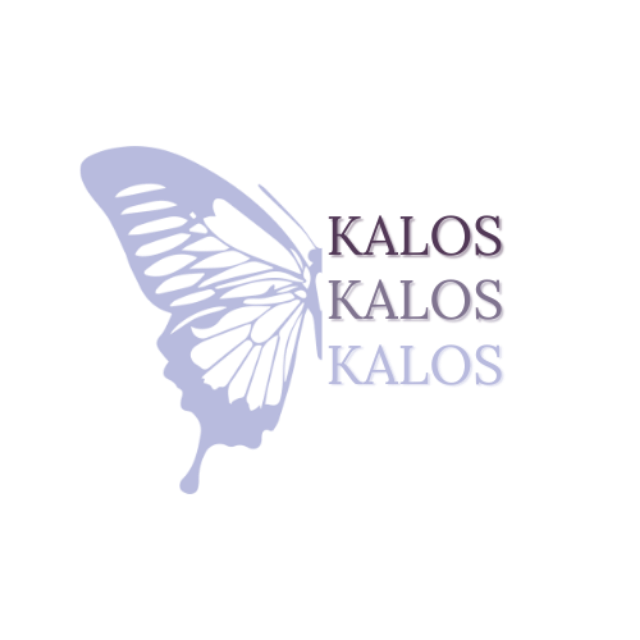Exploring Boys And Men’s Mental Health
Explore critical issues in boys' and men’s mental health, including depression, anxiety, and societal pressures, while learning gender-sensitive assessment methods, evidence-based interventions, and understanding the influence of social, cultural, and environmental factors on their mental health.
About This Course
Explore the complexities of boys' and men's mental health. This workshop delves into critical issues such as depression, anxiety, substance abuse, and the societal pressures of masculinity. You will learn effective assessment methods, explore the psychological, social, and cultural influences shaping mental health, and discover interventions that promote emotional resilience. Gain a deeper understanding of how to support boys and men in navigating mental health challenges and foster meaningful change in their lives.
Participants will be able to...
-
Identify critical issues in boys' and men’s mental health: Explore key mental health challenges such as depression, anxiety, substance abuse, and the societal pressures of masculinity that affect boys and men.
-
Describe assessment methods and psychotherapy interventions: Learn gender-sensitive assessment techniques and evidence-based interventions that help boys and men engage in therapy and express emotions.
-
Explain the impact of social, cultural, and environmental influences: Understand how cultural norms, family dynamics, race, and socioeconomic factors shape boys' and men’s mental health and their access to care.
Course admission requirements:
Minimum of a Master's Degree in a mental health or related field; or be a student in social work, psychology, counseling, or a related field. In Low- and Middle-Income Countries, a minimum of a Bachelor's degree in social work, psychology, counseling, or a related field is required.
Enroll in Just this Course
MEET THE PRESENTER
DIANE BIGLER, LCSW, LSCSW
Diane is a Licensed Clinical Social Worker in Missouri and Kansas. She has over 20 years of experience in the fields of psychology, social work and mental health. Diane was an Adjunct Professor of Social Work at The University of Kansas, School of Social Welfare, for over 10 years. She obtained her master's degree in Social Work from KU in 2006, with clinical concentrations in Children & Families and Mental Health. Diane taught classes in the Clinical Master's program, which included: Clinical Social Work Practice, Loss and Grief, Cognitive Behavior Therapy, Family Therapy, Advanced Standing Practice, and Mental Health & Psychopathology. Diane was also a practicum Field Instructor, Field Liaison and Community Education trainer for the School of Social Welfare. Diane has facilitated hundreds of trainings to mental health professionals, physicians and nurses, teachers, police officers, business personnel, and local City Council members. Diane enjoys the creativity that comes with envisioning and designing trainings, and aims to provide trainings that are informative, engaging and skill-building. She has customized and facilitated leadership and corporate trainings to EAP clients on wellness and business topics.

Course Materials
- Prerecorded Video (2 Hours )
- Presentation
- Quiz
- Presentation Feedback Survey
- Certificate of Completion*
*A passed quiz of at least 80% and a completed feedback survey required for certificate.
Continuing Education (CE) hours
2 NBCC CE hours are available for licensed mental health providers. Please check with your licensing board to confirm that NBCC CE hours are accepted.
Integrative Trauma Treatment Center (ITTC) has been approved by NBCC as an Approved Continuing Education Provider, ACEP No. 6912. Programs that do not qualify for NBCC credit are clearly identified. Integrative Trauma Treatment Center (ITTC) is solely responsible for all aspects of the programs.

Become a Member!
A monthly subscription to ITTC’s Professional Learning Community, KALOS Includes:
- Unlimited Access to asynchronous courses and workshops with more being added all the time.
- Access to the Learning Community where you can connect with colleagues worldwide.
- Discounts on our live events like trainings, webinars, retreats, and our Trauma Summit.
All courses offer continuing education credits unless otherwise indicated.
Join KALOS
